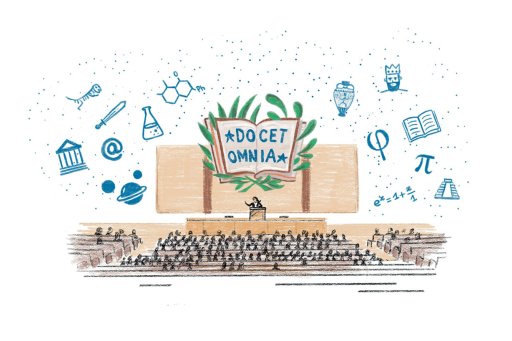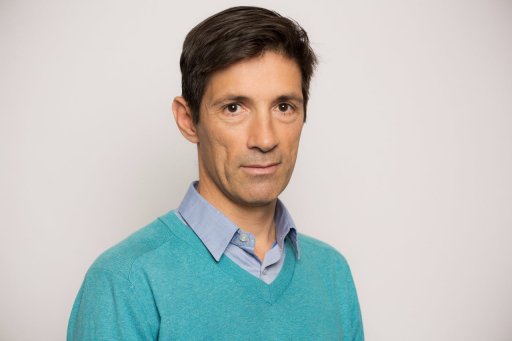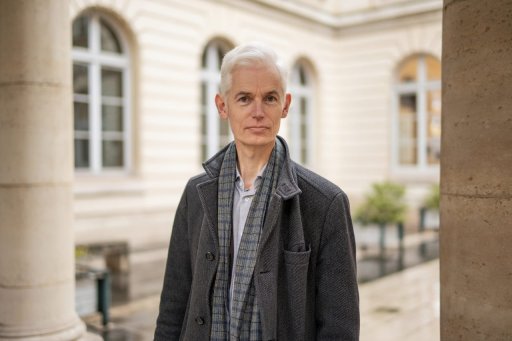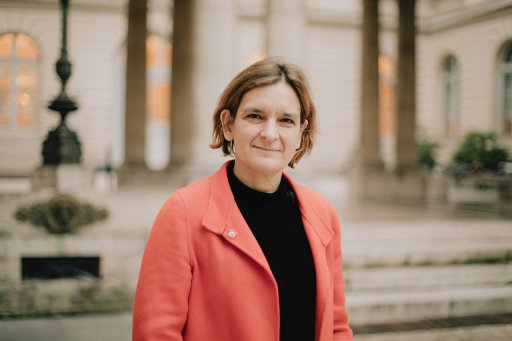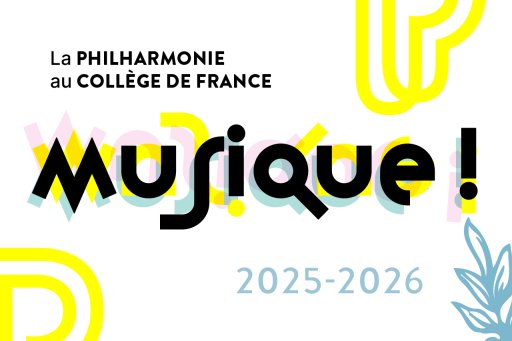Jean-Marie Tarascon is the winner of the Balzan 2020 Prize in the field of environmental challenges: materials science for renewable energies. The prize is awarded "for his outstanding contributions to fundamental and applied research in the field of electrochemical energy storage, for his work leading to the rapid availability of lithium-ion batteries for electric vehicles and better management of electricity generated by intermittent renewable energies, and for his contribution to the development of environmentally-friendly sodium-ion batteries."
Jean-Marie Tarascon is Professor of Chemistry of Materials and Energy at the Collège de France. He heads the Chemistry of Materials and Energy Laboratory (CNRS/Collège de France/Sorbonne University) and the Electrochemical Energy Storage Network (RS2E). The Balzan Prize crowns the career of a great researcher who has never ceased to forge links: on the one hand, between the two sides of the Atlantic, after having worked for over fifteen years in the United States, and on the other, between the laboratory and industry, in an approach designed to encourage innovation. Inventor of the Li ion plastic battery, he is also behind the emergence of promising technologies such as sodium-ion (Na-ion) batteries.
His wide-ranging research interests include the design, via eco-efficient synthesis processes, of new electrode materials with enhanced capacity, as well as the study of new reaction mechanisms and the exploration of new battery technologies beyond Li-ion, including Na-ion, Zn-MnO2 and all-solid-state technologies. He is currently devoting a large part of his research to the development of intelligent batteries with in situ sensors.
In 2020-2021, Jean-Marie Tarascon will be giving a lecture on Diagnostic and self-repair techniques for more efficient batteries (opening February 6). Like all lectures at the Collège de France, this lecture is open to the public (subject to availability and sanitary conditions).
In 2017, Jean-Marie Tarascon returned to the challenges of applied electrochemistry in a film in the series Les courTs du Collège de France, presenting the different types of battery.


